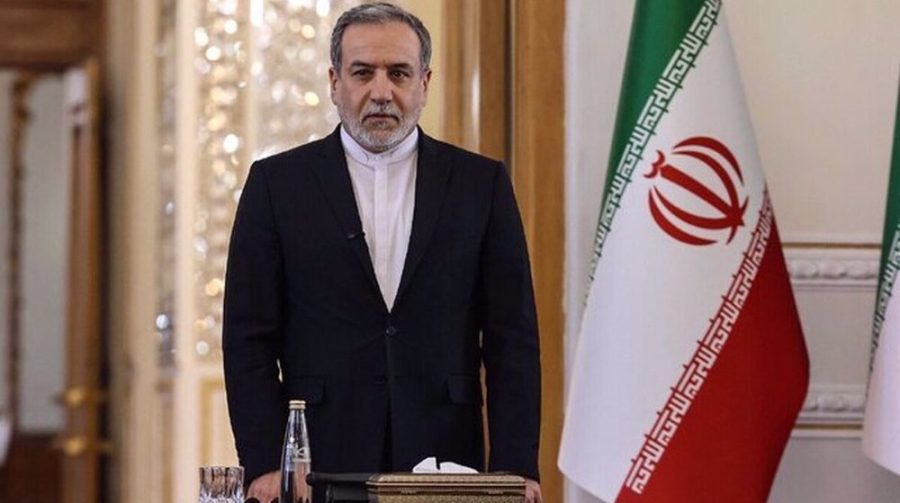Iranian Foreign Minister Abbas Araghchi has warned that despite a fragile ceasefire in Gaza, Zionist expansionism and Israel’s possession of weapons of mass destruction remain key sources of instability and insecurity in the region.
In a note titled “The Non-Aligned Movement in a Changing Global Landscape: Reflections on the Eve of the Kampala Summit,” Araghchi reiterated Iran’s “principled and consistent” positions, including “unwavering support for the Palestinian cause and outright opposition to coercive sanctions that violate the sovereignty of states.”
Araghchi pointed to the “fragile opportunity for peace” following the US-mediated ceasefire in Gaza after a “genocidal campaign” that killed over 67,000 Palestinians.
He identified “Zionist expansionism, coupled with Israel’s possession of weapons of mass destruction,” as a major source of regional instability and insecurity.
Araghchi is in Kampala, where the 19th Midterm Ministerial Meeting of the Coordinating Bureau of the Non-Aligned Movement took place on October 15–16, chaired by Uganda.
The foreign minister outlined Iran’s vision for a fairer, multipolar world and underscored the importance of strengthening solidarity among developing nations.
“For Iran, this movement strengthens our voice for justice, fairness, and global institutional reform,” Araghchi wrote, expressing hope that the summit would strengthen practical solidarity based on common interests and challenges.
“Iran is strongly committed to building a truly multipolar world order; a system in which prosperity is equitably distributed, aggression is systematically contained, and sovereignty is established as the cornerstone of international relations globally,” he underlined.
He described NAM as a “living symbol of the fundamental principles of national sovereignty and principled resistance to hegemonic structures,” which aligns with Iran’s foreign policy based on dignity and solidarity with the Global South.
Araghchi said Iran’s support for NAM deepened after the 1979 Islamic Revolution, with the country’s revolutionary ethos resonating with the movement's anti-imperialist and independent ideals.
Iran has since played an “active and decisive role,” including hosting the 2012 Tehran Summit, which was dedicated to advancing serious negotiations on nuclear disarmament, Palestine, and collective resistance to unilateralism, he further wrote.
Elsewhere in his note, Araghchi characterized sanctions as "economic terrorism" that has limited the Global South's development, but have also spurred resilience by strengthening South-South cooperation.
He highlighted emerging structures like the BRICS group as challengers to Western hegemony.
“In this complex environment, the moral authority of the Non-Aligned Movement, founded on anti-hegemonic principles, provides the opportunity for a strong and coordinated collective defense,” he added.
Araghchi said the movement's endurance stems from its representation of the world's demographic and moral majority, providing a democratic counterweight to exclusive groups such as the G7.
The minister emphasized that Iran arrives at the Kampala meeting with a “sincere commitment to constructive multilateralism,” aiming for tangible results that enhance the capacity of the Global South, without “unrealistic promises of paradigm shift.”
Press TV’s website


















